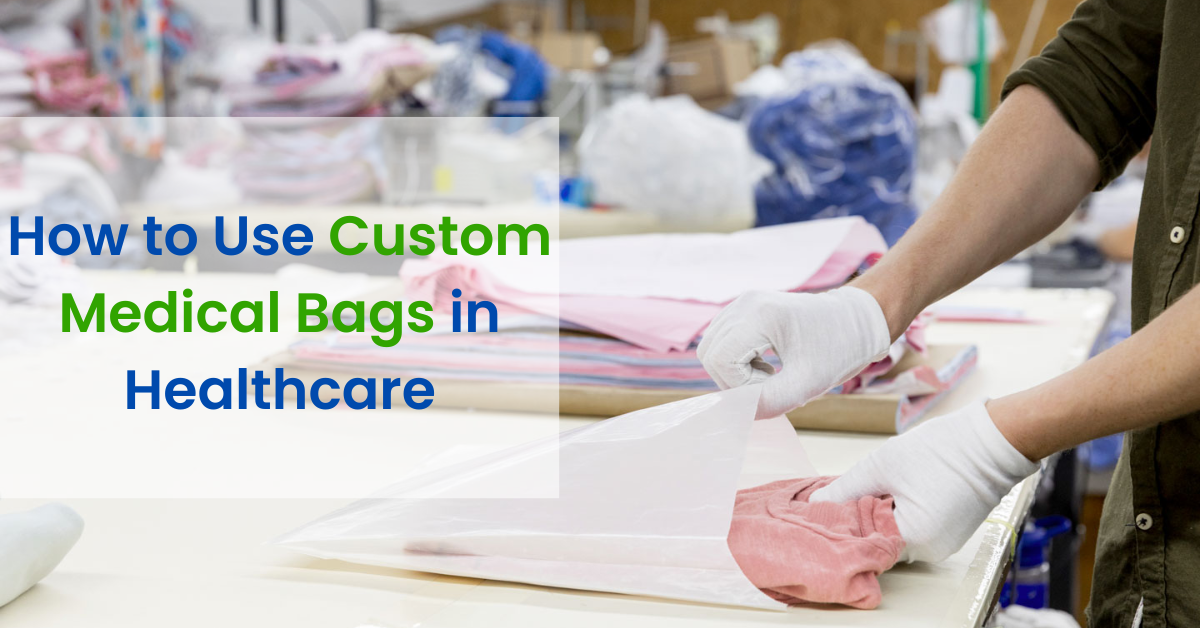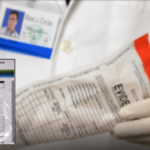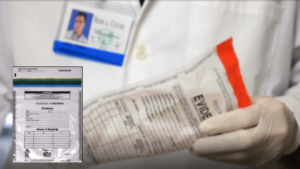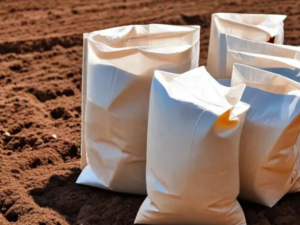How to Use Custom Medical Bags in Healthcare Industry

Custom medical bags play important role in keeping healthcare supplies and process organized. They are widely used in the storage and transportation of medical equipment, lab samples, fluids like blood, and general supplies across a variety of healthcare facilities, including hospitals, clinics, and ambulances. The use of these bags can improve the efficiency of healthcare providers and enhance patient care.
Here we will go through the use of custom medical bags in healthcare as well as how to choose the right provider.
Identify the type of custom medical bag you need
Before you start using custom medical bags, you need to identify the type of bag that suits your needs.
Here are some more common types of medical packaging.
- High-density polyethylene (HDPE) bags:
HDPE bags are a common type of medical plastic bag used in healthcare facilities. They are lightweight and durable, making them ideal for storing and transporting medical waste, such as gloves, gowns, and masks. HDPE bags are also used for carrying fluids, such as saline solution and blood, and for storing sterile medical equipment.
- Low-density polyethylene (LDPE) bags:
LDPE bags are similar to HDPE bags but are more flexible and have a higher clarity, making them ideal for storing and transporting fluids, such as IV bags, and for storing sterile medical equipment. They are also commonly used for packaging and storing medical devices, such as catheters and tubing.
- Polypropylene (PP) bags:
PP bags are a versatile type of medical plastic bag that is commonly used in healthcare facilities. They are lightweight, flexible, and durable, making them ideal for storing and transporting medical waste, such as bandages, gauze, and syringes. PP bags are also used for storing and transporting fluids, such as IV bags and saline solution.
- Ethylene-vinyl acetate (EVA) bags:
EVA bags are a specialized type of medical plastic bag that is commonly used for storing and transporting blood and blood products. They are designed to be strong, durable, and flexible, while also being able to maintain the quality and integrity of blood products during transportation and storage.
- Polyvinyl chloride (PVC) bags:
PVC bags are a common type of medical plastic bag used for storing and transporting fluids, such as IV bags and saline solution. They are also used for storing and transporting blood products, although their use for this purpose has declined in recent years due to concerns over the potential leaching of harmful chemicals from the plastic.
Know the Function of Each Bag:
There are different types of custom medical bags available, such as first responder bags, trauma bags, oxygen bags, and medication bags. Each type of bag is designed to carry specific medical supplies and equipment. For example, a first responder bag is designed to carry basic medical supplies and equipment used in emergency situations, while a medication bag is designed to store and transport medications.
Choose the right size
After identifying the type and function of custom medical bag you need, you need to choose the right size. The size of the bag should depend on the amount of medical supplies and equipment you need to carry. A small bag may not be enough to carry all the necessary supplies, while a large bag may be too bulky and inconvenient to carry. Choosing the right size is important to ensure that you have all the necessary supplies at hand without carrying unnecessary weight.
Organize the supplies
Once you have chosen the right size of custom medical bag, you need to organize the supplies. This means arranging the medical supplies and equipment in a way that makes it easy to access and use them. Organizing the supplies also helps to ensure that you have all the necessary supplies at hand, and you don’t waste time looking for them when you need them. You can organize the supplies by using compartments, pouches, or dividers in the bag.
Label the bag
Labeling the custom medical bag is important to ensure that you can quickly identify the bag and its contents. This is especially important in emergency situations, where time is of the essence. You can label the bag with the type of bag it is, the contents of the bag, and any other relevant information. You can also use color-coded labels to help you quickly identify the bag and its contents.
Keep the bag clean and sanitized
It is important to keep the custom medical bag clean and sanitized to prevent the spread of infections. You should clean the bag regularly with disinfectants and store it in a clean and dry place. You should also avoid placing the bag on the ground or other contaminated surfaces to prevent contamination. Additionally, you should replace any expired or damaged medical supplies and equipment to ensure that the bag is always fully equipped and ready to use.
Train healthcare professionals on how to use the bag
Using custom medical bags requires proper training to ensure that healthcare professionals know how to use them effectively. You should provide training on how to organize the supplies, how to access and use the supplies in emergency situations, and how to clean and sanitize the bag. You should also train healthcare professionals on how to maintain and replace the supplies and equipment in the bag.
How to Choose the Right Medical Bags Supplier?
Quality of Products:
When it comes to medical equipment, quality is critical. Medical bags are no exception. Make sure to choose durable, sturdy bags.
Range of Products:
A good medical bag supplier should have a large selection of products. This guarantees that you can find the bag that best meets your unique requirements. The seller should offer a selection of bags in various sizes and styles, whether you need a small bag for carrying personal belongings or a large bag to storing equipment.
Options for customization:
You could need specially made medical bags that can meet your unique requirements. Find a supplier who can make bags that are specifically tailored to your needs. By doing this, you can guarantee that your bags are made to meet your unique wants and specifications.
Price:
Look for a medical bag supplier that offers high-quality bags at competitive prices. However, suppliers offering bags for exceptionally low prices should be avoided because they might not be of high quality.
Customer service:
Choose a supplier with top-notch customer service. They must to be available to respond to any inquiries you might have, offer guidance on the best bag for your requirements, and provide assistance after the transaction.
Reputation:
It’s important to take a supplier’s reputation into consideration. Choose a supplier who has a solid reputation in the market. Get a sense of the supplier’s track record by reading reviews and client testimonies.
Delivery Schedule:
In an emergency, medical bags are frequently needed right away. Therefore, picking a supplier who can deliver your luggage quickly is crucial. Find a supplier that offers prompt and dependable delivery.
The Bottom Line:
Custom medical bags are an essential part of healthcare, and their use can improve the efficiency of healthcare professionals and enhance patient care. To use custom medical bags effectively, you should be familiar with the function, types and handling. It is equally important to source them from a trusted supplier.
Share:
Get A Quick Quote
Social Media
Most Popular

How to Choose the Right Bullet Casing Evidence Bags

Choosing Sustainability: Biodegradable Bags for Soil

A Comprehensive Guide to Seed Packaging Methods
Categories
Tags
Related Posts
RFID vs. Barcodes for Evidence Tracking: A Side-by-Side Analysis
Automated identification technology (AIT), such as barcoding and radio frequency identification (RFID), is increasingly used by forensic labs and law enforcement to track and manage

How to Choose the Right Bullet Casing Evidence Bags
Bullet casings are one of the most common pieces of evidence collected from crime scenes, and their preservation is crucial for investigations. Choosing the right

Choosing Sustainability: Biodegradable Bags for Soil
In our quest for a greener planet, every little choice matters. And one choice that’s gaining traction in recent years is opting for biodegradable bags
